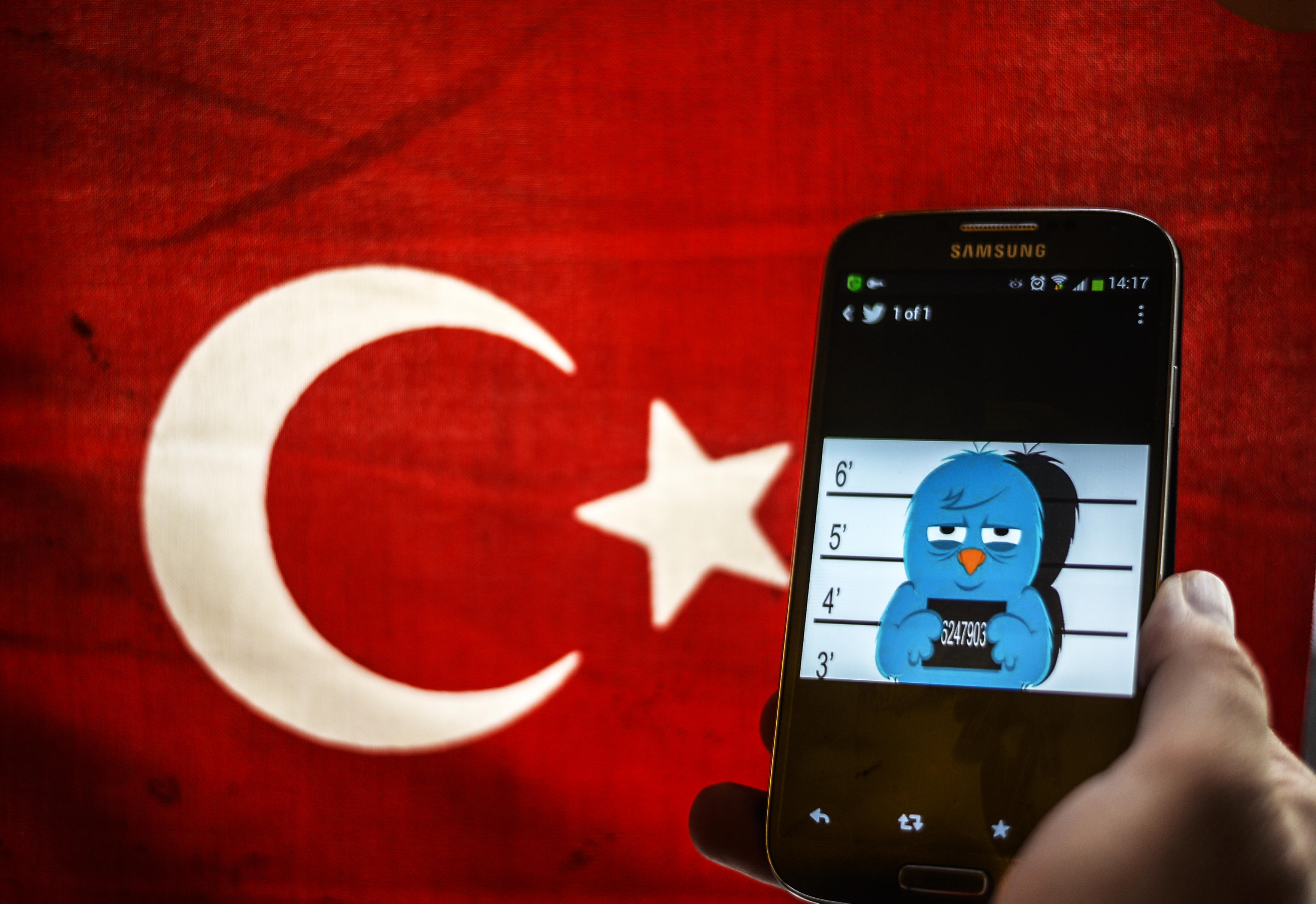
On June 19, Abdülhamit Bilici, the last editor-in-chief of the now-shuttered Turkish paper Zaman, tweeted about the decline of press freedom in his home country. If you can see his tweet, you are probably not in Turkey because it is among the over 1.5 million tweets belonging to journalists and media outlets censored there under Twitter's "country withheld content" (CWC) policy.
Since 2012, 13 countries have used Twitter's CWC tool to effectively censor content, according to the social media platform's transparency reports. Governments usually cite laws around national security, counter-terrorism, defamation, or hate speech when requesting removals.
Figures from Twitter transparency reports show that legal demands to remove content on the platform went from 432 requests in the first part of 2014 to 6,651 requests in the second part of 2017. Turkey and Russia were responsible for 74 percent of all requests during that period. As legal demands can specify more than one account and/or tweet, over 78,000 accounts were reported by governments during that period. Twitter complied fully or partially with 24 per cent of legal demands from Turkey, compared with about 9 percent for the rest of the world. Facebook's transparency reports for the same period show it made close to 154,000 content restrictions worldwide. In the second part of 2017 in Turkey, more Twitter accounts were withheld and Facebook content restricted than in any other country.